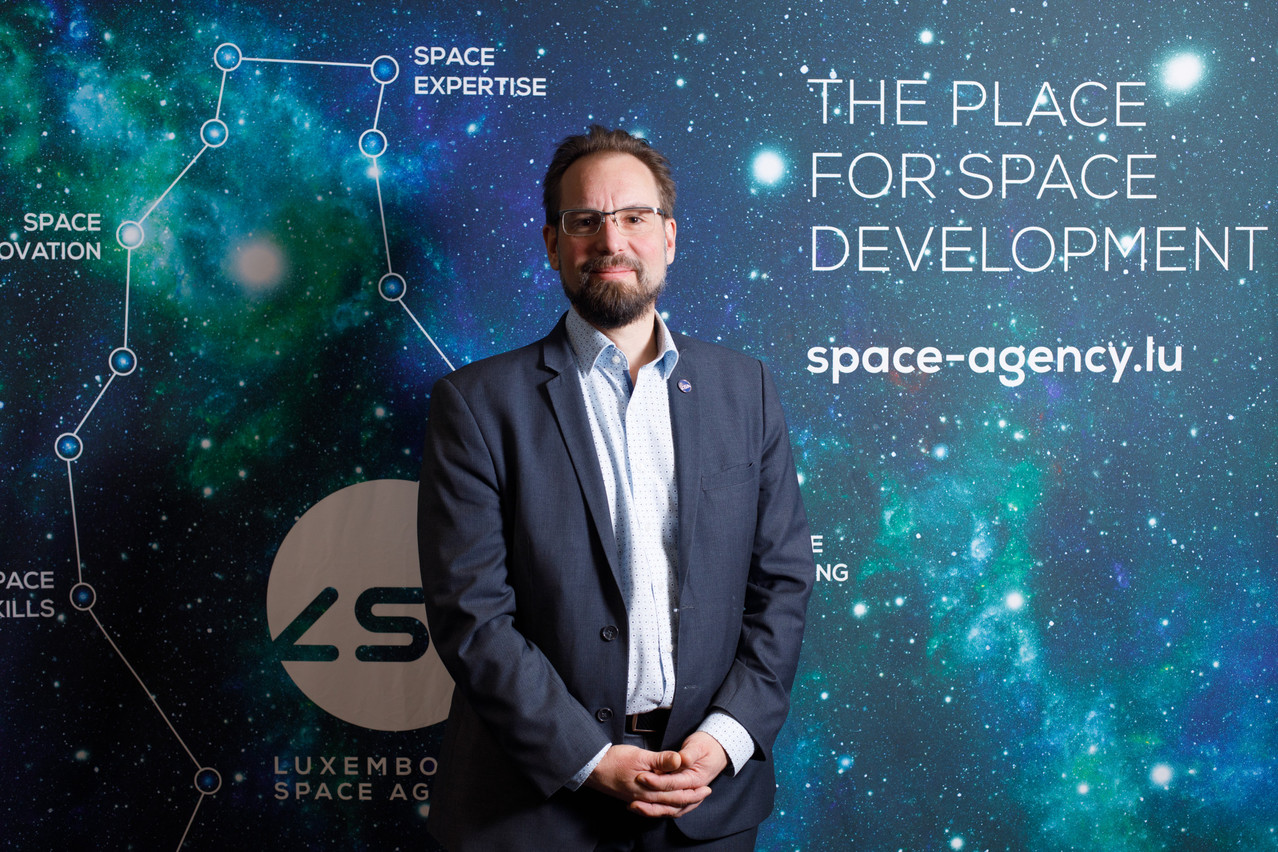The number of space companies in Luxembourg grew from around 50 to 70 in 2021, said Serres in an interview, but there is room for more. “Our mission is to develop this sector.” This will in future include a space campus, aimed at becoming “the centre of gravity of the Luxembourg space ecosystem,” according to the state’s draft budget for 2022. The ministry of the economy is expected to reveal more details in 2022. “There’s a clear need in our ecosystem for such an initiative,” Serres said.
But amid a proliferation of space companies, experts also expect consolidation, especially in the satellite segment where changing consumer habits have meant a drop in revenue from television activities. SES will be well-placed in this environment with its O3b mPower network, Serres said, positioning itself in a market with growing connectivity needs.
“There is a lot of potential to use space in other sectors,” the Luxembourg Space Agency (LSA) CEO said, from meteorology and aviation to logistics, the maritime industry, agriculture or even insurance. “But they are often fields that don’t know a lot about space.” This is a challenge for space startups that are also looking for capital and investors. “That’s not easy. In America there is a culture for this,” he said. Europe is catching up. “There is a momentum and our companies must leverage this.”
But the industry has also been slammed for its carbon footprint. One rocket launch in general produces around 200 to 300 tonnes of carbon dioxide. Billionaire Richard Branson’s space venture Virgin Galactic is planning on offering 400 space flights per year. Add Jeff Bezos’ Blue Origin and Elon Musk’s SpaceX, among others, and the space race is turning into one giant leap for pollution.
But space tourism could also help accelerate technology and innovation in the sector, Serres said. “Here in Luxembourg, we are definitely in a mindset where we want space to develop in a sustainable manner.” A part of this is Luxembourg’s commitment to tackling the issue of space debris. As Luxembourg builds its place as a hydrogen research centre, Serres also sees potential for synergies.
Josef Aschbacher, head of the European Space Agency (ESA), during a visit to Luxembourg in November called the grand duchy a “space power”. The LSA is planning on reviewing the national action plan on space and towards the end of this year making a proposal to the government on how to move forward. “If we want to do more, we must adapt the means to the needs of our ecosystem.”
This article first appeared in the January 2022 special forecast edition of It has been updated for Delano.lu.
